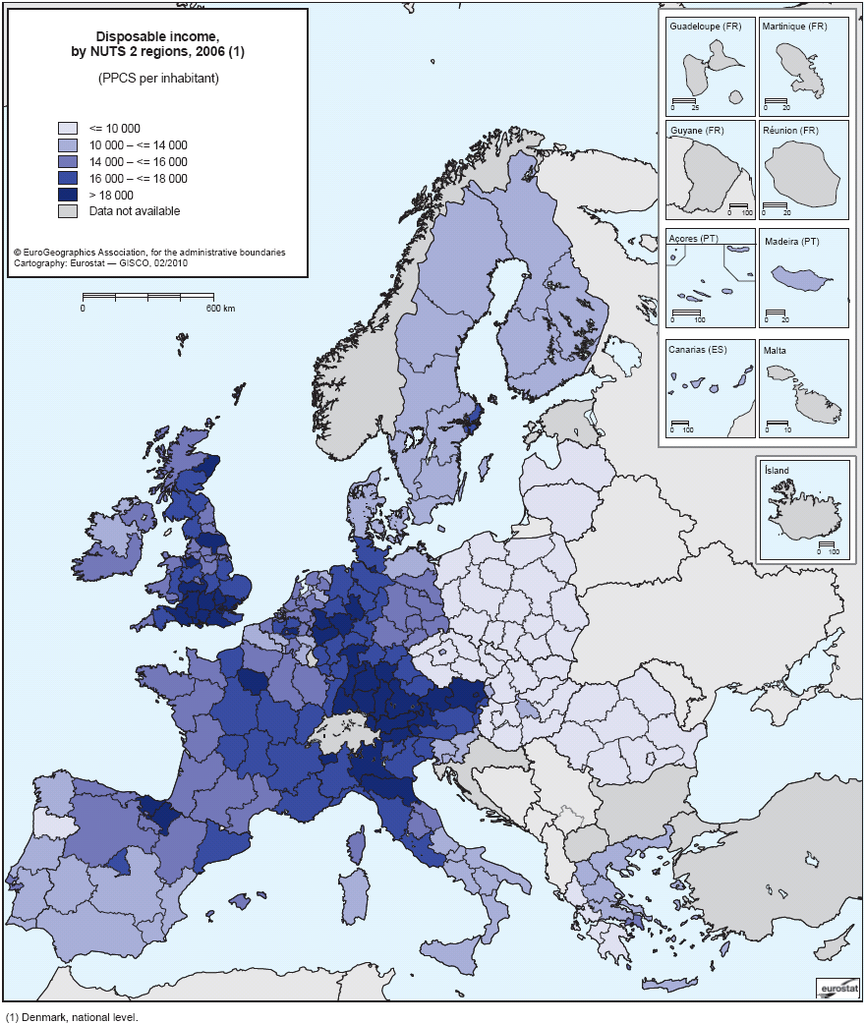
The course aims to enable students to
- be able to collect data with GPS devices,
- be able to display, transform and analyse geospatial data.
- master the use of QGIS
- gain practice in the use of basic R geospatial packages.
Learning outcomes, competences: the student
Knowledge:
- Knowledge of the basics of remote sensing and geospatial computing, knowledge of the use of open-source geospatial tools
Skills:
- Ability to solve geospatial problems independently, analyse geospatial data
Attitude:
- commitment to quality work
- works in an environmentally responsible way, prefers electronic data storage and management methods, develops self-learning skills;
Autonomy and responsibility:
- Continuously develops his/her skills and knowledge in the field of geographic information technology.
Course content and topics
- Use of GPS devices: from handheld GPS to super precision devices - field exercises
- Aerial photography: raster analysis, aerial vs orthophoto: drone use and drone data in practice and theory
- QGIS
- R Geospatial Informatics
- Database and Geospatial Informatics
- Geospatial data and geospatial modeling
- Web Geospatial Informatics
- Oktató: Dr. Bán Miklós
- Oktató: Dr. Szabó Gergely

